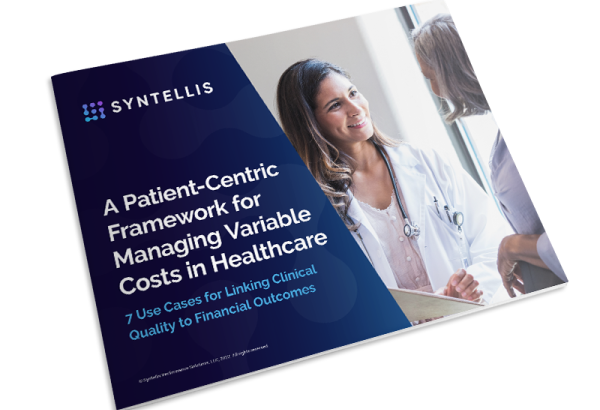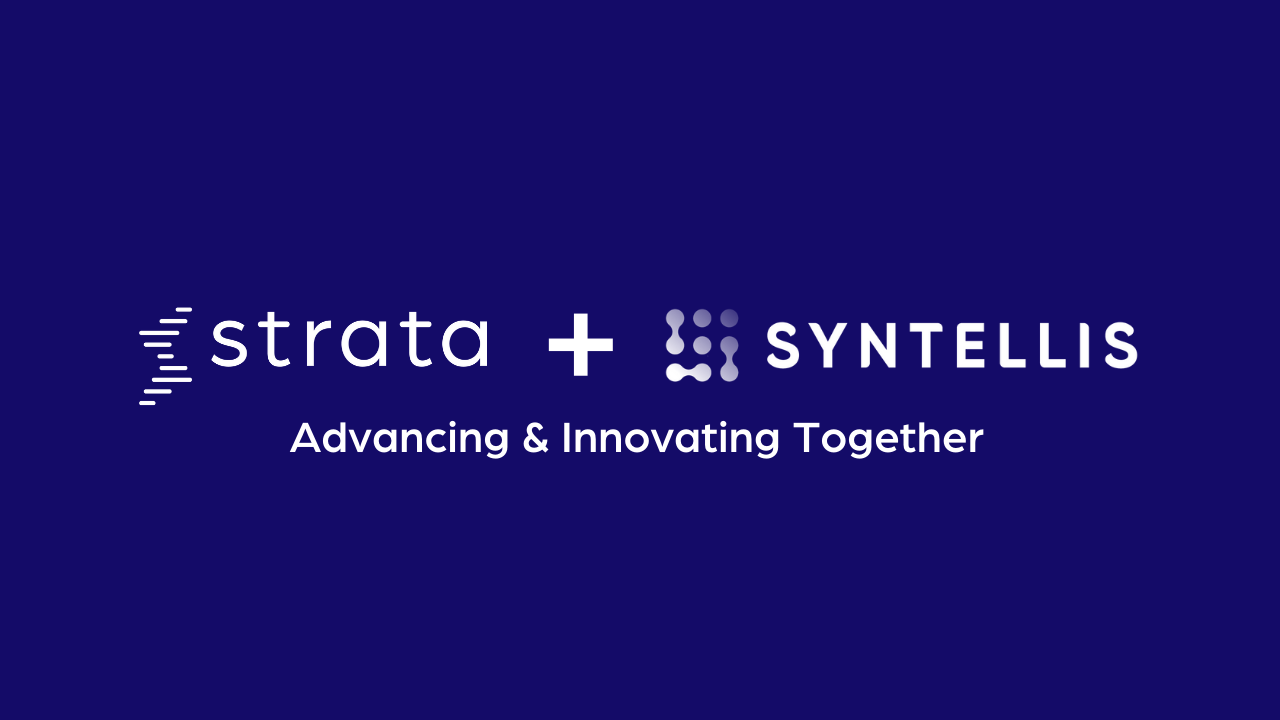What is a decision support system?
The world is saturated with data. If properly leveraged, data can reveal answers to many important questions. It can drive improvements across numerous industries, yet much of the data available today goes untapped. A decision support system (DSS) or decision support tool is designed to pull relevant data from multiple internal and external sources, analyze the data, and translate the findings into meaningful information that helps stakeholders make better decisions.
An effective decision support system structures data with flexible reporting and analysis tools that make the data more accessible and consumable. It helps leaders quantify the potential impacts of different decisions. Information gleaned from a decision support system can help entities determine strengths, weaknesses, and opportunities for improvement.
What is the purpose of a decision support system?
Sound decisions start with reliable data. The purpose of a decision support system is to use data to provide transparency and clarity into a certain topic so leaders can make streamlined, data-based decisions that align with individual or organizational goals. The system takes data from disparate sources and puts it in a usable format to help leaders better understand the many factors affecting performance — financial, operational, or otherwise — and how they interact to drive specific outcomes.
Why is decision support important?
A decision support system is important because it creates a single source of truth and a central repository for aggregating data, compiling reports, and making reasoned, data-driven decisions. It provides transparency into both the data and the overall decision-making process, which is a necessity in an environment where organizational decisions, costs, and the quality of services or products face mounting scrutiny across many industries. Decision support systems also are important post-decision, because they enable entities to better view and track progress toward organizational goals over time.
What are the different types of decision-making in hospitals?
Hospitals are complex, multi-faceted organizations with many levels of decision-makers, including managers, directors, executives, and more. At a fundamental level, some of the different types of decision-making in hospitals include:
- Clinical care decisions such as diagnosis, treatment, and therapy
- Workforce/staffing decisions such as shift times, staffing levels, and salary/wages
- Supply chain decisions such as order quantities, brands, and supply companies for medical and non-medical supply purchases
- Service line management decisions including necessary staff, equipment, and facilities
- Ancillary services management decisions such as hospital food vendors and services
- Care transfer decisions governing patient flow to different levels of care within the care continuum
- Facility management decisions such as routine maintenance needs, repairs, renovations, and upgrades
- Strategic growth decisions such as new facilities or service line expansions
What is decision support in healthcare?
Decision support in healthcare is a critical tool that helps healthcare leaders, clinicians, and other healthcare professionals sift through a large amount of data and analyze relevant data points to make important decisions. Hospital decision support is an information cornerstone in healthcare, helping to guide data-driven decisions across nearly all hospital and health system functions, including clinical, financial, and operational considerations.
With healthcare data available from an ever-wider range of internal and external sources, technology can provide solutions to data-gathering and aggregation challenges. Decision support systems help hospitals, health systems, and other healthcare providers harness their data to drive better decision-making amid changing market conditions. A decision support system in healthcare helps organizations quantify the impact of every decision they make across different departments by collating, calculating, and extrapolating data in a way that stakeholders can readily utilize.
How DSS is used in a hospital?
Data is the lifeblood of every hospital and health system. A decision support system or “DSS system” is used in a hospital to facilitate timely and accurate data-driven decision-making, and to bring transparency and visibility to clinical, financial, and operational decisions. By leveraging data, healthcare decision support systems provide analytics that can help healthcare leaders determine the best ways to reduce rapidly rising healthcare costs, improve efficiencies, enhance patient safety, improve patient care, and achieve better patient outcomes.
Rising costs and the focus on value-based care continues to increase the demand for robust analytics to guide a broad spectrum of healthcare decisions. Decision support systems are critical, connecting organizational data with core planning solutions and external market data to give hospital leaders a comprehensive view of performance across cost, quality, and service line measures.
What are the types of decision support in healthcare?
The primary types of decision support in healthcare are:
- Financial decision support
- Clinical decision support
- Clinical analytics
Healthcare financial decision support is focused on helping hospital executives, department managers, and other healthcare leaders determine how best to manage their organizations. Healthcare financial decision support software aggregates and analyzes data from a variety of sources so leaders can make informed, data-driven decisions on how to maximize efficiencies, reduce costs, optimize revenue, and position their organizations for growth. For example, a financial decision support system applies cost data to department operations to support budgeting, productivity, and performance monitoring. It also can provide data for assessing service-line profitability, performing health plan analyses, and quantifying the cost of quality.
Clinical decision support is a core component of ensuring high quality patient care at the bedside. A clinical decision support system provides data and analytics to help physicians, advanced practice nurses, and other caregivers more accurately diagnose patient conditions and identify the best treatments. Clinical decision support systems sort through large amounts of data from electronic health records (EHRs) and other sources to help clinicians as they provide patient care in real time. The goal of a clinical decision support system is to help avoid adverse events and enhance the quality, effectiveness, and efficiency of care. For example, it can help a physician link symptoms to a specific diagnosis, determine an appropriate medication dosage, and avoid harmful medication interactions.
Clinical analytics refers to a type of healthcare decision support that takes a more comprehensive view of care delivery within an organization, as opposed to clinical decision support which focuses on care decisions for individual patients. With clinical analytics, healthcare executives and clinical and finance leaders can compare their organization’s clinical data to peer organizations to gauge performance down to specific departments or service lines. It allows them to establish an accurate picture of costs and utilization at the encounter level, then perform meaningful analysis across various patient cohorts or clinical service lines. These insights are then used to make vital decisions such as how to reduce unwarranted and often costly variations in care, enhance care coordination, and track and improve workforce productivity.
RESOURCES

Managing Variable Costs in Healthcare: A Patient-Centric Framework




